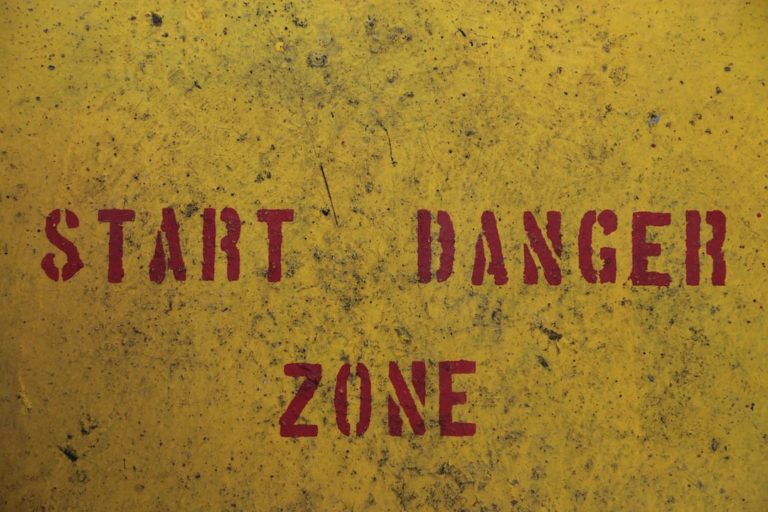One in 6 people will experience depression in their lifetime. That means that 16.6% of people will experience common symptoms at some point in their lifetime. These symptoms include feelings of worthlessness and loss of interest and pleasure in activities.
But did you know that people with depression may also experience memory loss?
For those who are struggling with depression, the risk of memory loss is scary. Researchers have begun to dig into why this connection between depression and memory loss exists. Read on to learn more about what they have found and what you can do to avoid risk.
The Physiological Link Between Depression and Memory Loss
Depression has been linked to short-term memory loss in numerous studies over the years. But, getting to the bottom of why people with depression sometimes experience memory loss is more complicated.
Many people with depression suffer from fatigue and have trouble sleeping. Information processing and memory formation occur while you are sleeping. Thus, cognitive function may decline and memory loss can occur with lack of sleep.
Another theory notes that depression has a physiological impact on the brain, which may cause the memory loss that many people experience.
Studies have noted that the hippocampus is smaller in individuals with depression. The hippocampus is integral in long-term memory and recollection.
People with depression may also find that they have a poor recollection of positive events. Instead, they often find that their memory is biased towards recalling negative events.
The reasoning behind this is not entirely clear, but a 2018 study notes how this phenomenon can perpetuate depressive episodes. Struggling to recall positive memories can make depression worse.
There are many reasons that depression and memory loss are linked. The mental toll of depression can overwhelm the brain, impairing its ability to complete other day-to-day functions, like memory recall.
The Role of Stress
In response to stressful events, the brain produces hormones that elicit physical responses in the body. These physical responses to stress include:
- Sweating
- Increased heart rate
- Tensing of muscles
- Increased rate of breathing
- A rise in blood pressure
But the production of these stress hormones does not just provoke these physical responses. Increased exposure to these stress chemicals may inhibit the production of new growth cells in the hippocampus. This could potentially lead to memory impairment.
In combination with genetics and biology, stress can trigger or exacerbate depression. Genetics and trauma play a role in determining an individual’s response to stress. Trauma or a family history of depression can also lead to more extreme responses to stress. These extreme responses are more likely to lead to depression.
Avoiding depression triggers that might elevate your stress hormones is one way to reduce the risk for the memory loss associated with depression.
Potential Causes and Risk Factors
Anti-depressants, trauma, different reactions to medications, alcohol and drug use, some of the more prevalent potential causes and risk factors that are in today’s society. There have been studies and research done to show and prove that these are in fact leading causes and risks for linking depression and memory loss.
Anti-Depressants
Selective serotonin reuptake inhibitors (SSRIs) are a common type of anti-depressant medication. Researchers have found that SSRIs may be contributing to memory loss in patients with depression.
SSRIs are an important part of treatment for many individuals with depression. Serotonin is a mood-boosting brain chemical and low levels of serotonin have been linked to depression. SSRIs work by limiting the amount of serotonin absorbed in your bloodstream, leaving a higher amount in the brain.
For many suffering from depression and OCD, SSRIs are an effective treatment because of the minimal side effects they present.
One study analyzed patients taking SSRIs for the first time. In the study, patients reported a significant decline in memory in the first 8 weeks of treatment.
There are some theories on why SSRIs contribute to memory loss in some patients. Yet, more research needs to be done to fully understand the impact on memory.
Luckily, as more research is done, treatments will continue to improve. The future of treatments for depression will likely address memory loss associated with SSRIs.
Depression and Dementia
In a 2012 article from the Archive of General Psychiatry people with depression from middle-age demonstrated an 80% greater risk for developing dementia. Many researchers believe that depression and dementia have similar effects on the brain.
Depression also becomes more common with age. This correlation is understandable. The frequency of events that trigger depression, such as the loss of a spouse, increases with age.
Trauma
People who have experienced trauma may suffer from dissociative amnesia. This is a far more serious form of memory loss than the others discussed here.
Dissociative amnesia is due to experiencing or witnessing severe trauma, such as war or abuse. It is viewed as a defense mechanism, as the triggering stress is too overwhelming for the brain to process. For this reason, dissociative amnesia is a form of memory loss that is often associated with depression.
However, it is specific to those who have experienced trauma and is far more serious than short-term memory loss. People experiencing dissociative amnesia may not recall the traumatic event or may even forget important details about their identity, such as their name and profession.
Other Causes of Memory Loss
There are many other temporary causes of memory loss unrelated to depression. These include:
- Certain medications
- ECT (electroconvulsive therapy) – often used to treat depression in medication-resistant individuals
- Normal memory loss with aging
- Alcohol and drug abuse
- Hyperthyroidism
It is a good idea to rule out any other causes of memory loss. However, if you are experiencing depression, treatment for depression will likely also resolve any memory problems.
Take The First Step Towards Recovery Today
People experiencing both depression and memory loss are common than you might think. But luckily, the memory loss that people with depression sometimes experience isn’t necessarily permanent. Instead, it is a result of the physiological impact of depression or SSRIs used to treat depression.
Taking control of your depression is the best way to prevent long-term memory problems. In working with a professional, you can determine the cause of your memory loss and take action.We are here to help. The most effective treatment is uniquely catered to the individual to best address their symptoms. Reach out to our dedicated team of professionals today to take the first step towards recovery today.






